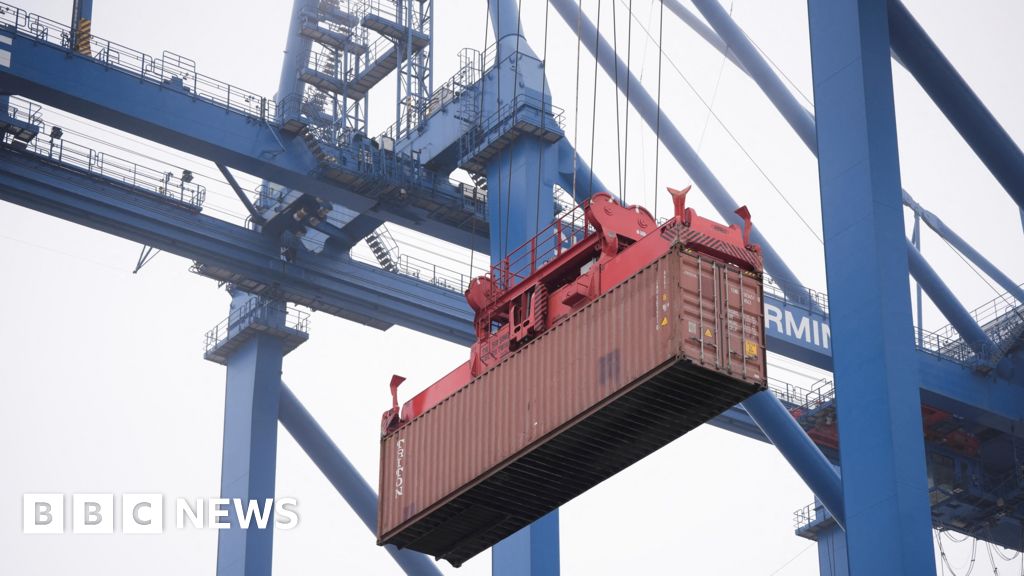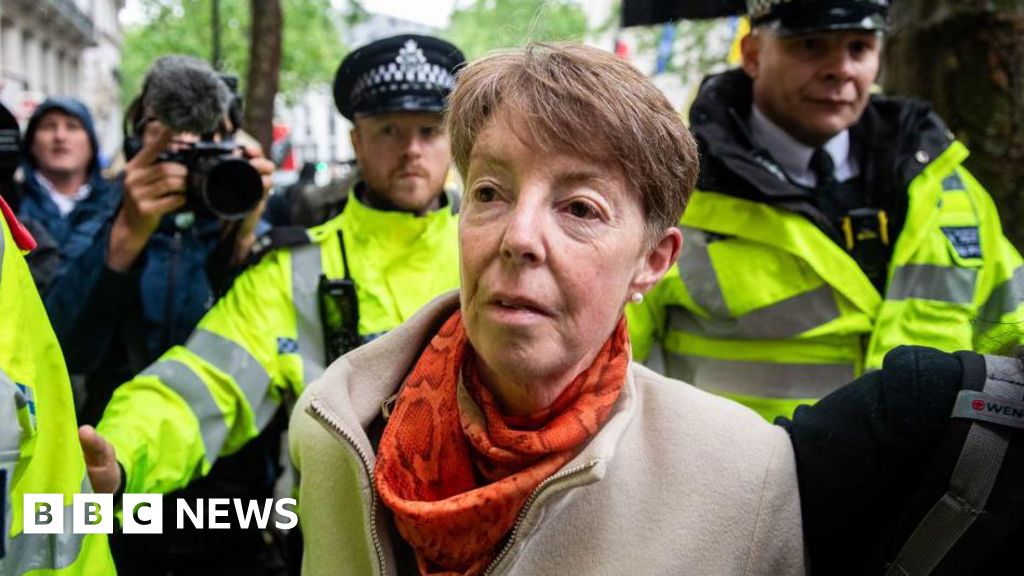ARTICLE AD BOX
 Image source, Getty Images
Image source, Getty Images
The Bank of England has hinted at further interest rate rises as it vows to bring inflation back down to 2%.
The central bank's focus was getting prices down and making life more affordable again, its chief economist Huw Pill said in a speech on Wednesday.
In May, UK inflation hit 9.1%, its highest level in 40 years. And interest rates are at a 13-year record high of 1.25%.
Mr Pill said he was open to voting for an interest rate rise above 0.25%.
This is the figure the Bank of England has favoured when deciding the most recent interest rates changes.
Mr Pill said his statement showed he was willing to adopt a faster pace of tightening but also emphasised that it was dependent on whether the economy warranted it.
Sir Jon Cunliffe, a deputy governor at the bank, told BBC Radio 4's Today programme it would act "forcefully" to make sure higher inflation does not become "the new normal".
Inflation is the increase in the price of something over time. For example, if a pint of milk costs £1 one year and £1.09 the next year, then that's an annual inflation rate of 9%.
The UK's rate of inflation is being driven up as the prices of fuel, energy and food soar in part due to the war in Ukraine and sanctions on Russia.
In June, the Bank of England warned inflation could reach 11%
One way to try to control rising prices - or inflation - is to raise interest rates. This increases the cost of borrowing and encourages people to borrow and spend less. Higher interest rates also motivate people to save more.
Mr Pill told a central banking conference hosted by King's Business School he wanted to speak more "directly" and "bluntly" about tackling inflation.
"Returning inflation to its 2% target is at the heart of the MPC's actions over the past 10 months."
The MPC stands for monetary policy committee - a group of nine members within the central bank that try to guide the economy with measures such as raising or lowering interest rates.
Mr Pill said households were facing "difficult times".
"We recognise the hardship associated with elevated inflation rates," he said, noting that lower income families were being forced to spend more on energy and food due to higher prices.
"Recent price rises have imposed a significant squeeze on their real incomes," he said.
In June, the central bank raised interest rates from 1% to 1.25%, the fifth consecutive rise.
Suggesting that further rate hikes were on their way, Mr Pill said: "Acting to achieve the 2% inflation target is now more important than ever. In the MPC, we have both the tools we need and the resolve it will take."
Deputy governor Sir Jon told Radio 4's Today programme: "It's our job to make sure that as this inflationary shock passes through the economy we don't find that leaves us with inflation being the new normal, the sort of embedded psychology."

 2 years ago
22
2 years ago
22








 English (US)
English (US)